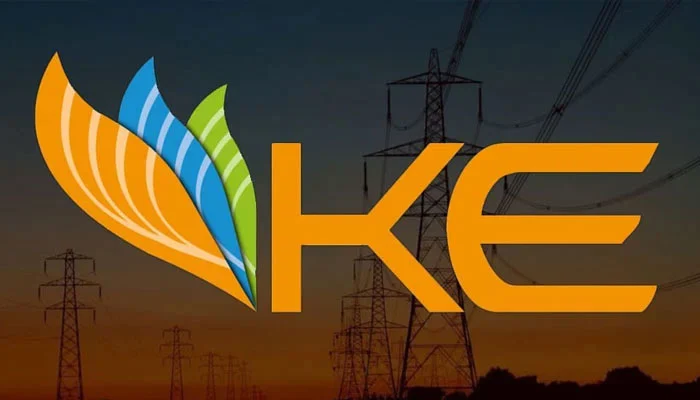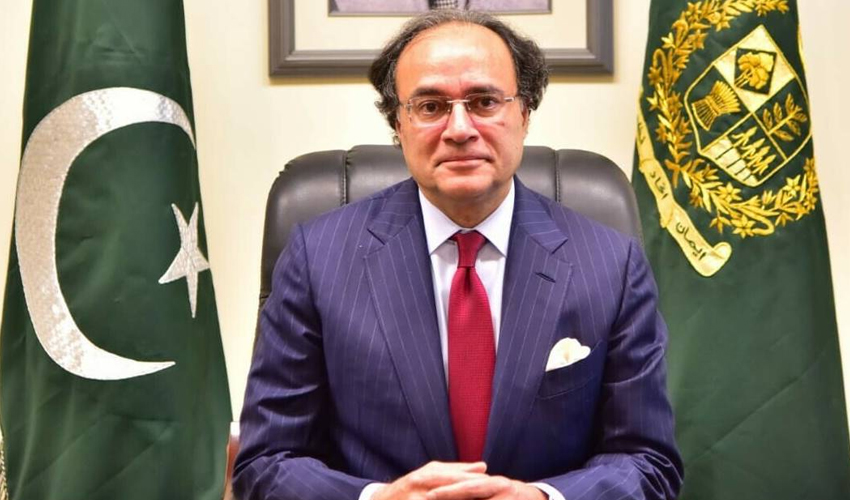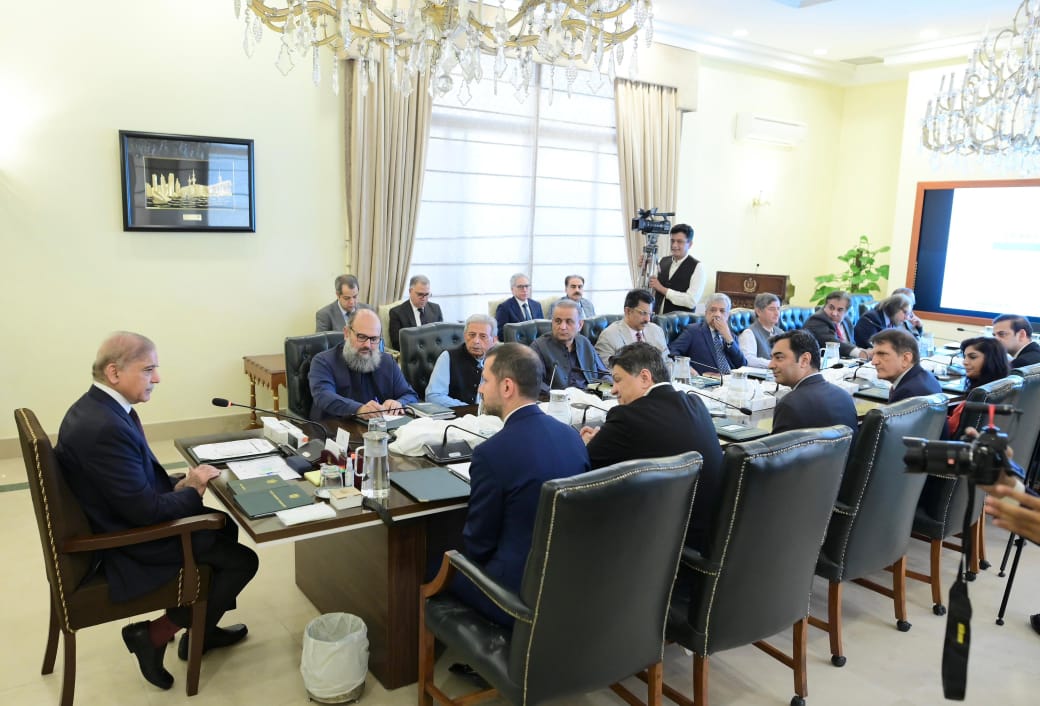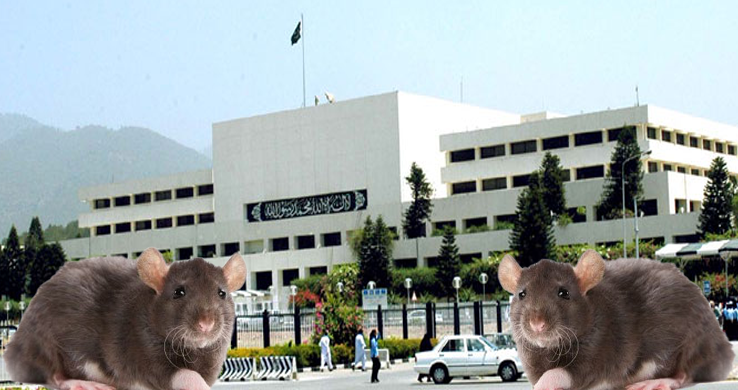PTBP Web Desk
Finance Minister Senator Muhammad Aurangzeb has scheduled a pivotal inter-ministerial meeting on Wednesday, January 29, to tackle a series of longstanding issues surrounding K-Electric (KE). This gathering comes on the heels of a proposal from the Special Investment Facilitation Council (SIFC), which is currently engaged in streamlining investment-related challenges from Saudi Arabia.
At the heart of the discussion are several key points:
Generation Tariff: KE’s generation tariff has been approved, but there’s still much to deliberate on how this impacts the broader energy landscape in Pakistan.
Transmission, Distribution, and Supply Tariff: These aspects of KE’s tariff structure are still under review, with significant implications for both consumers and investors. The Power Division has submitted its commentary, which will be a focal point of the meeting.
KE’s Write-Off Claims: KE has filed for write-offs amounting to Rs 68 billion under its Multi-Year Tariff (MYT) for the period spanning 2017 to 2023. This claim was scrutinized during a public hearing by NEPRA on December 10, 2024, and the results are awaited, which could affect KE’s financial statements significantly.
Shareholding Dispute: The ongoing dispute between Al-Jomaih and Asia Pak over KE’s shareholding is another critical agenda. This dispute has implications for governance and investor confidence in KE.
Mediation Agreement: The mediation efforts led by Ashtar Ausaf involve KE and various government departments, aiming to resolve disputes over historical financial claims and obligations. Progress in these talks has been slow, with further sessions needed to move forward.
The meeting will see participation from key figures including Minister for Power Awais Leghari, Minister for Economic Affairs Ahad Khan Cheema, SAPM on Power Muhammad Ali, National Coordinator Power Task Force Lt. General Zafar Iqbal, and others from NEPRA, SECP, and CPPA-G. Their collective expertise will be crucial in navigating the complex interplay of policy, investment, and consumer interests.
KE’s management has recently engaged with authorities in Islamabad to discuss a tariff structure that ensures financial stability while protecting consumer interests. This dialogue underscores the necessity for a cost-reflective tariff that supports KE’s foreign investors, ensuring they receive returns comparable to other international investors in Pakistan’s energy sector.
The urgency of finalizing these tariffs is paramount. Not only does it affect KE’s ability to implement its investment plan approved by NEPRA, but it also has broader implications for service quality and consumer interests in Karachi. The delay in tariff finalization has notably stalled KE’s financial reporting post-June 30, 2023, highlighting the immediate need for resolution.
Another focal point will be aligning KE’s investment plan with national growth targets. While KE projects an annual demand growth of 2.4%, the Government of Pakistan’s “Uraan” initiative anticipates a 6% GDP growth rate. This discrepancy raises questions about energy infrastructure planning, especially with recent gas price hikes for captive consumers likely driving more demand towards the national grid.
The mediation efforts between KE and various government entities will also be reviewed. These sessions aim to settle long-standing disputes that have historically complicated KE’s operations and financial health. With procedural constraints slowing down progress, there’s a push for extending mediation timelines to achieve a more amicable resolution.




